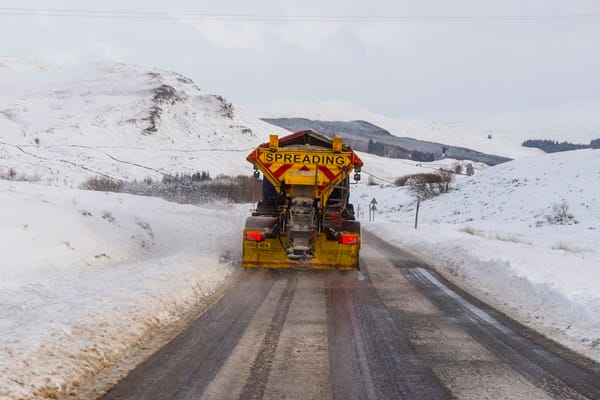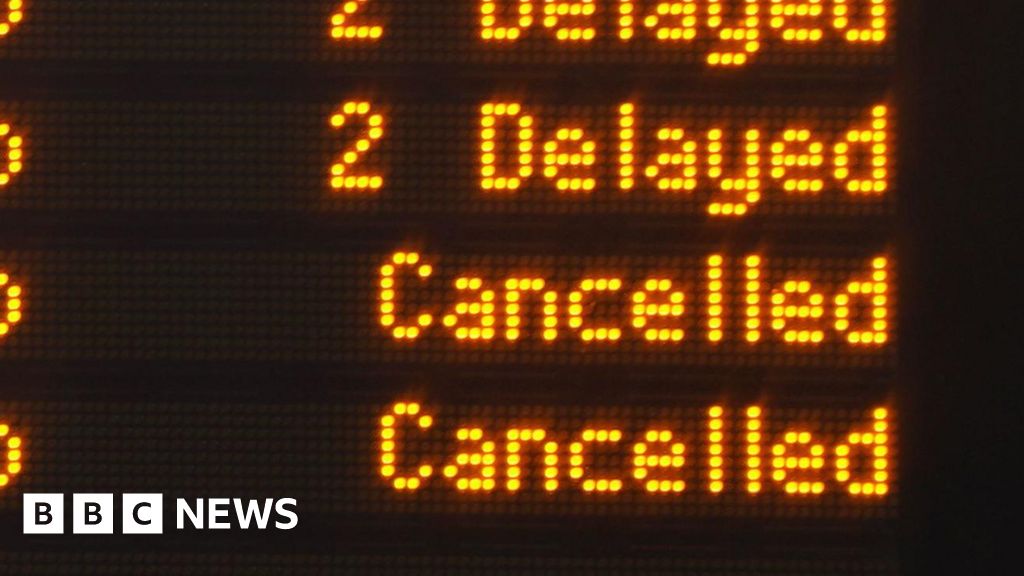Jobs
Chris Kaba shot man in club and was alleged core member of London gang

Chris Kaba, the unarmed man killed by a police firearms officer, was pictured on CCTV shooting a man on a nightclub dancefloor and was alleged to be a core member of a London gang, it can be revealed.
A judge ruled on Tuesday that details of Kaba’s criminal past could be released, a day after a Metropolitan police officer, Martyn Blake, was cleared of murdering him.
Details of Kaba’s past offending were not put before the jury in the murder trial at the Old Bailey because the judge, Mr Justice Goss, ruled they were not relevant.
Blake, at the point he pulled the trigger on 5 September 2022, did not know these details and did not know who was in the Audi Q8, which police believed was linked to a firearms incident the night before.
After Kaba was shot, the car he had been driving was examined. The Audi, worth almost £100,000, contained a passport belonging to man named Marcus Pottinger.
Also in the boot was court paperwork and other letters belonging to Connel Bamgboye, a former music producer once convicted of county lines drug dealing. Earlier in 2022, he had been driving the same Audi when stopped by armed police.
This year, Pottinger, Bamgboye and a third man were convicted of offences linked to a shooting on 30 August 2022 in the Oval Space nightclub in Hackney, east London, and were jailed.
This shooting was captured on CCTV. The footage showed a man with a gun chasing another man across a busy dancefloor and shooting him in the leg. The man chases the victim on to the street outside while firing the gun, and the victim received another gunshot to the leg.
Kaba was named in court during the Hackney shooting trial as the gunman. He had arrived at the nightclub in the same Audi in which police shot him dead six days later.
Kaba was said to be part of a south London rap group called 67. Several members have convictions or alleged links to drugs and violence. Police and prosecutors said 67 was a gang based in the Brixton Hill area.
Opening the Hackney shooting case, the prosecutor Karim Khalil KC said: “Chris Kaba pulled a handgun out of a bag which had been smuggled into the club … Chris Kaba shot him [the victim] in the upper part of his left leg. The bullet went straight through his leg.”
The victim, from the rival 17 gang, was chased and “Kaba shot at him again, several times. This time a bullet went through the upper part of his right leg,” the court heard.
The Audi was also linked to a shooting in May 2022 in Bromley, south London, and five people’s DNA was found inside it. It was not registered to Kaba.
Kaba was first convicted of a crime aged 13 and served spells in prison, the last ending in April 2022.
In 2017, he was shot in a gang feud, in 2019, he was convicted of having an imitation firearm, and in mid-September 2022, he faced a hearing to decide if he deserved a gang prevention order. He was alleged to be a gang lieutenant whose street name was Itch.
The jury was not told about Kaba’s criminal past as Blake could not have known about it at the point he decided to shoot.
After Blake killed Kaba, the police officer faced threats. A source close to Blake told the Guardian that during the Old Bailey trial the threat to him remained severe.
Blake was named only after a legal challenge by media organisations, and his picture cannot be published because of a court order.
The family of Kaba had sought to extend reporting restrictions relating to his criminal past pending the end of all legal proceedings. But police, in a statement to the court, argued publication of details about his character could quell any potential unrest.
The Met police deputy assistant commissioner Stuart Cundy said in a statement: “It is the Metropolitan police’s assessment that the open and transparent disclosure of Mr Kaba’s character at the conclusion of the … trial will significantly reduce the risk of unrest on London’s streets and help keep the public safe.”
Cundy said planned protests about the acquittal would be largely peaceful but some people could try to commit violence.
He said that in the London borough of Lambeth, where the 67 gang is based and where Kaba was shot, trust in police among the black community was low. Cundy said there was a danger of giving the local community a “misleading impression” about who Kaba was and that “there would be the clear potential for emotions to tip into disorder”.
Deborah Coles, director of INQUEST, which supported Kaba’s family, said: “These are familiar state tactics that demonise the deceased to reflect from the stark reality of the shooting dead of an unarmed black man whose identity they did not know.
“Police do not have a license to kill, and should not be judge, jury and executioner. Rather than trying to legitimise Chris’s killing, the police should focus on ensuring that these killings end.”










